The acceptance of same-sex marriage is regarded as a major victory for LGBTQ+ equality and rights.
The ruling not only served to lessen stigma and discrimination against same-sex couples in many nations, but it also granted them equal access to several perks and privileges, including social security, tax breaks, and inheritance rights.
However, even if the number of nations that have legalized same-sex marriage is rising, the fight for equal rights for the LGBTQ+ population is still ongoing in many other nations.
We examine the nations where marriage is equal for all as a five-judge Supreme Court bench hears several petitions seeking the legalization of same-sex marriages in India.
The Netherlands
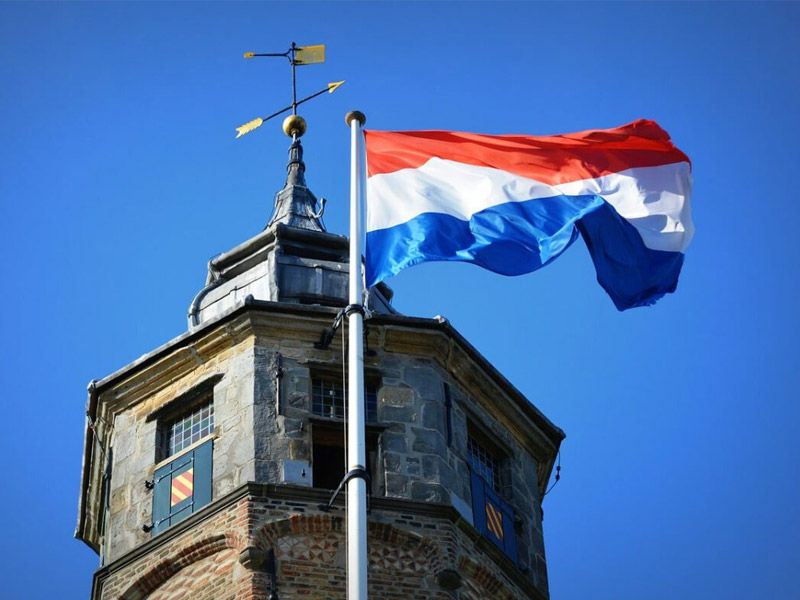
In 2000, the country officially recognized same-sex unions for the first time in history. The following year saw the first-ever same-sex wedding, which included four couples.
Belgium

In 2003, Belgium passed a law establishing marriage as an egalitarian institution. The nation’s law made it possible for gay couples to adopt in 2006.
Canada

The country’s traditional definition of civil marriage was changed to include same-sex marriages in 2005.
Spain

Thanks to a new law passed in 2005, same-sex couples now enjoy the same marriage and adoption privileges as heterosexual citizens.
South Africa

Same-sex unions were finally allowed in 2006 after receiving support from both the ruling and the major opposition parties and passing by a margin of more than five to one.
Norway
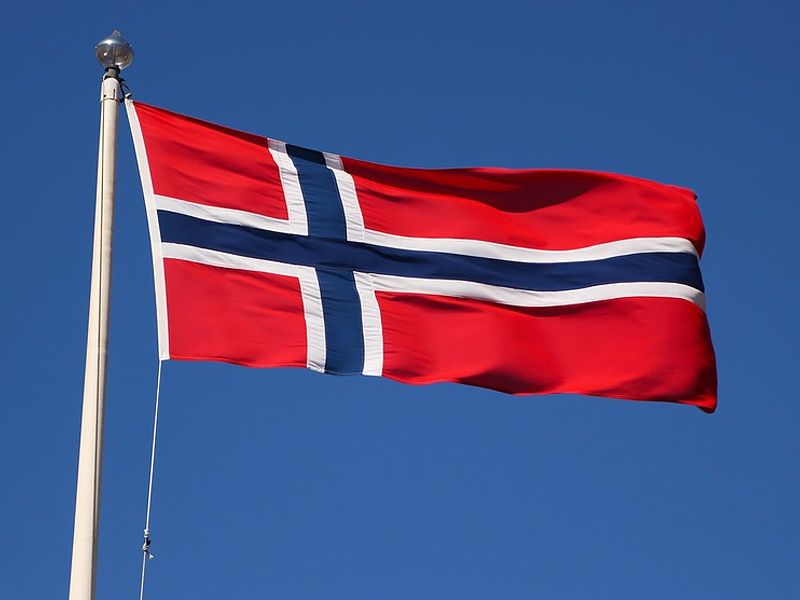
In 2009, a year after same-sex marriage became legal in the nation 2008, the country’s Lutheran Church made the decision to allow its pastors to wed same-sex couples.
Sweden
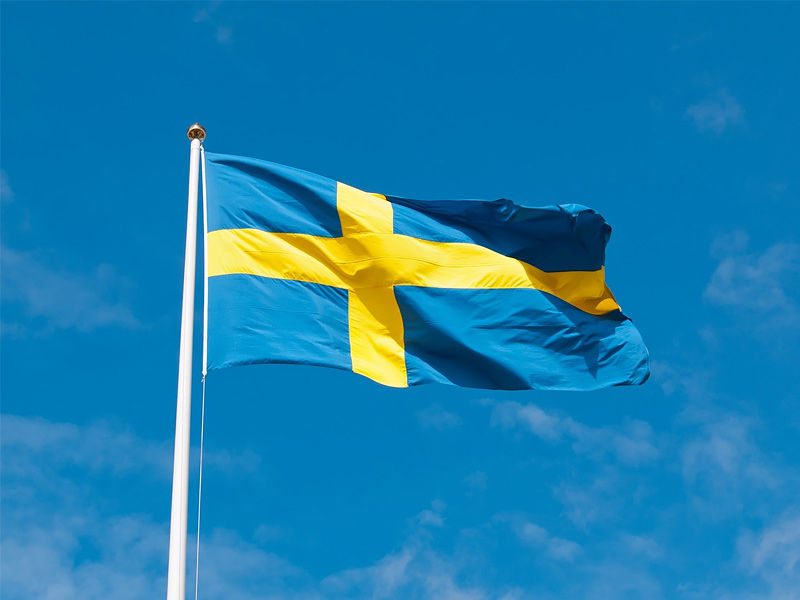
The nation’s dominant religious organization initiated a petition to permit same-sex unions months before the legislation passed in October 2009.
Argentina
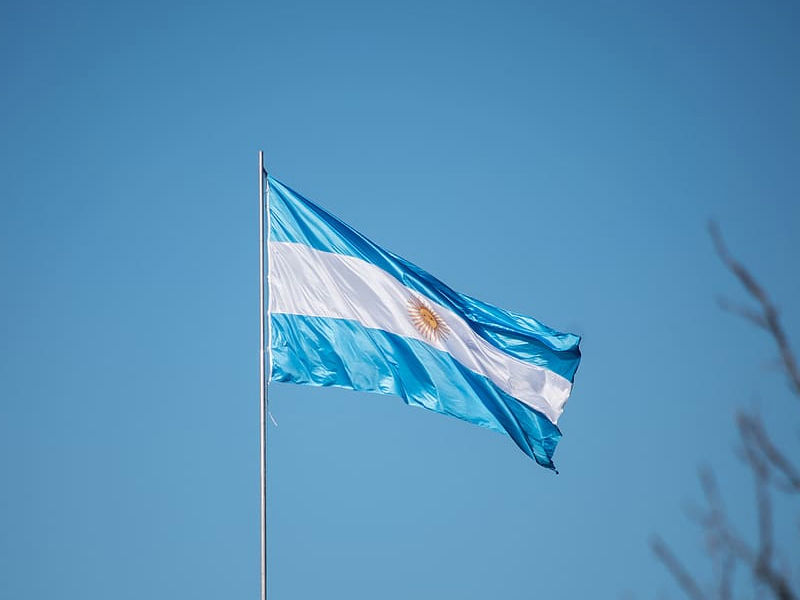
Argentina was the first country in Latin America to legalize same-sex unions in 2010.
Portugal
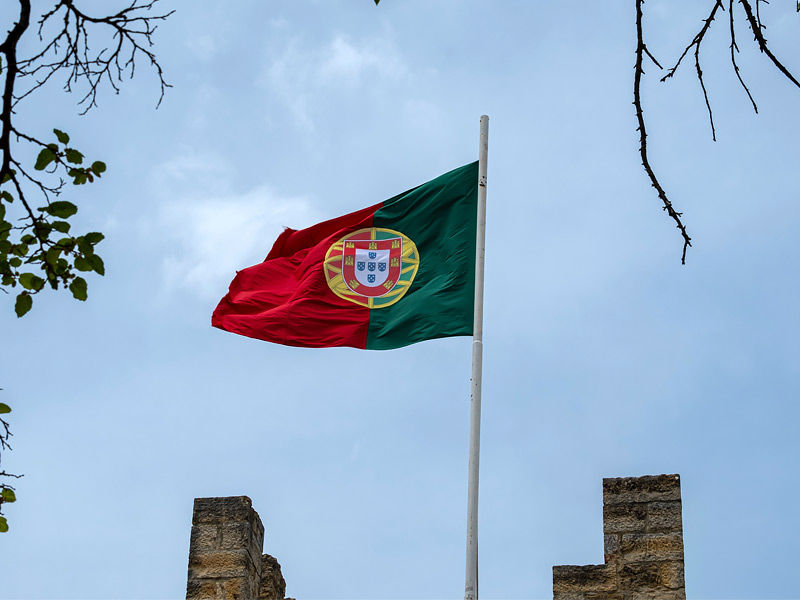
In 2010, the Portuguese parliament endorsed same-sex unions. The country finally permitted gay couples to adopt a kid six years later.
Iceland
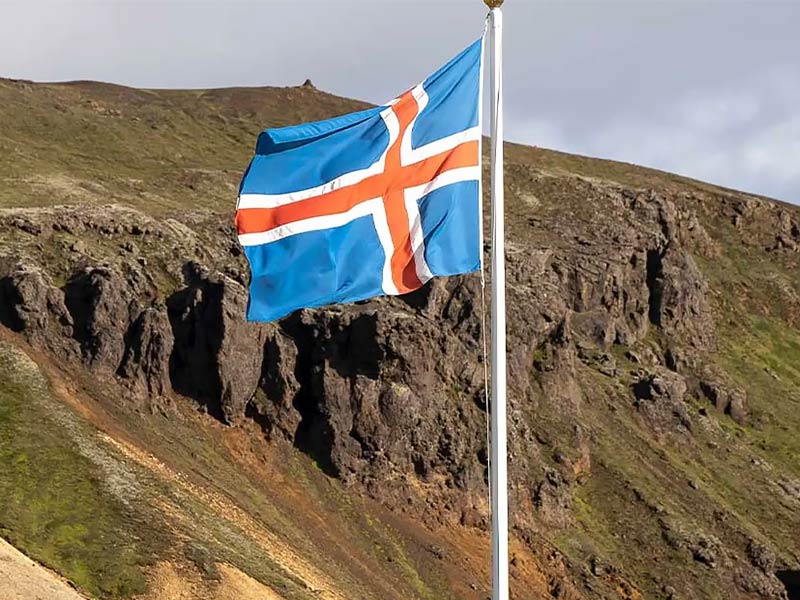
In 2010, same-sex unions in Iceland were approved by a unanimous vote.
Also, Read Same-Sex Marriage Are Not A Threat, But Modification
Denmark
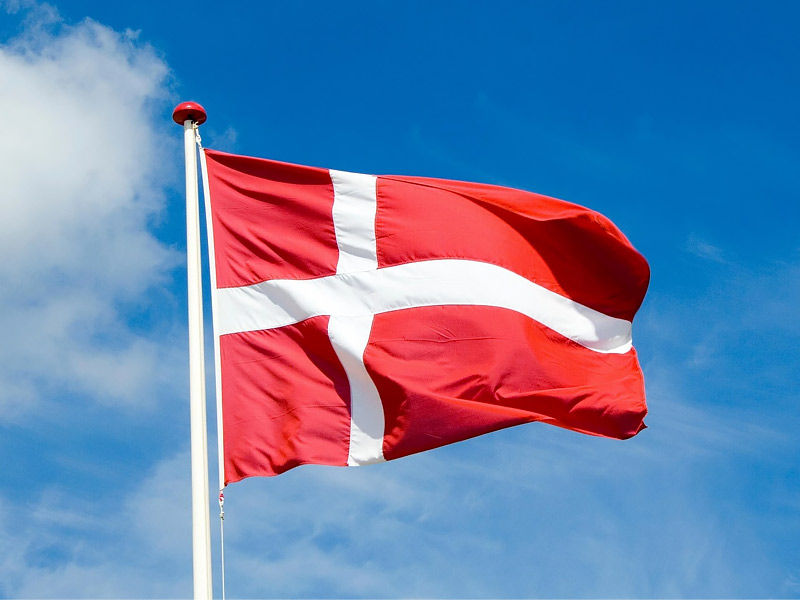
Before same-sex marriage there was legalized in 2012, Denmark was the first nation to recognize same-sex couples as domestic partners.
Uruguay

After same-sex marriage became legal in 2013, the country’s comprehensive LGBTQ rights law began to draw thousands of tourists each year.
Brazil
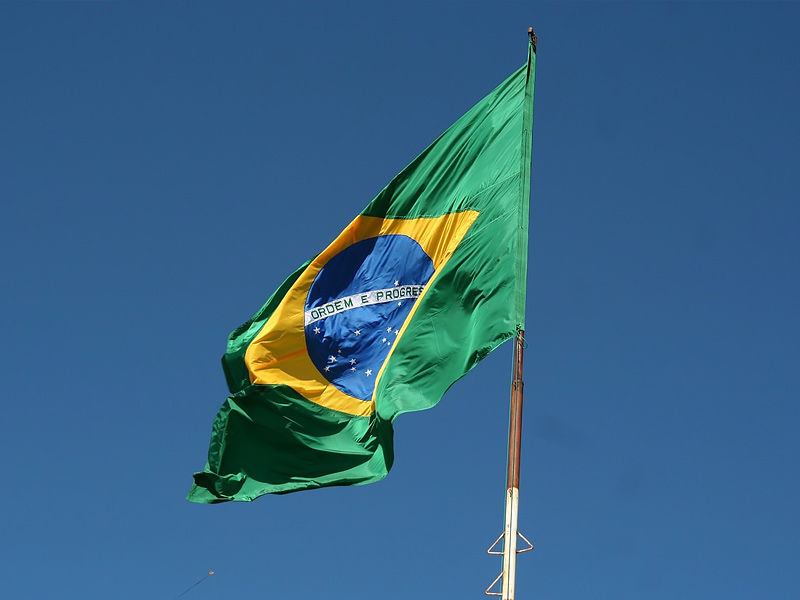
After same-sex unions were made legal in Brazil in 2013, there were over 3,700 marriages.
New Zealand
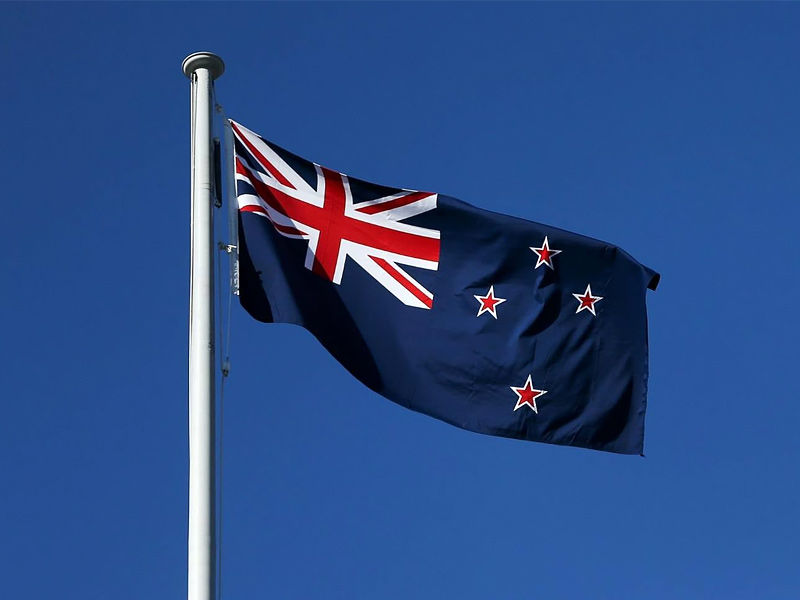
In 2013, New Zealanders voted 77–44 to make same-sex unions lawful.
England and Wales
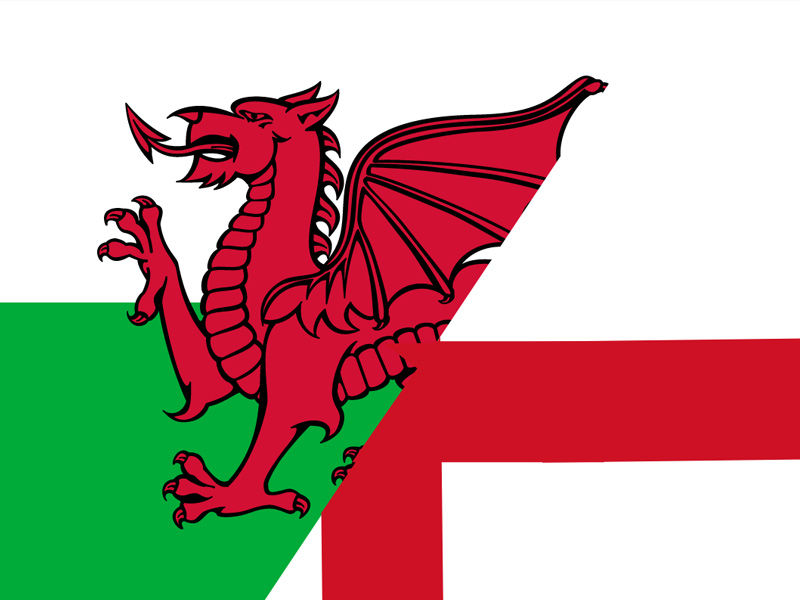
Nick Clegg, a former deputy prime minister of the United Kingdom, said after the historic choice was made in 2013 that “No matter who you are and who you love, we are equal.”
France

The first same-sex wedding took place in France in 2013, and it was well-appreciated by the general population.
Luxembourg
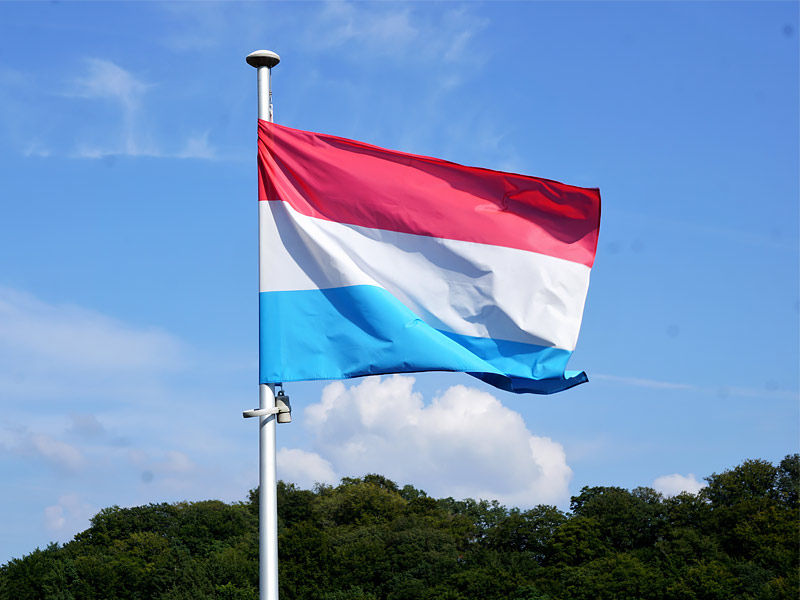
Since 1804, the country’s marriage rules have not undergone a significant alteration until the 2014 reform.
Scotland

In the Scottish Parliament, legalizing same-sex unions received a majority vote in 2014. Three years later, the Scottish Episcopal Church made history by becoming the first large Christian institution in the UK to perform same-sex marriages.
The United States

Following the legalization of same-sex unions in the US in 2015, the hashtag #LoveWins shot to the top of Twitter’s global trending topics.
Finland
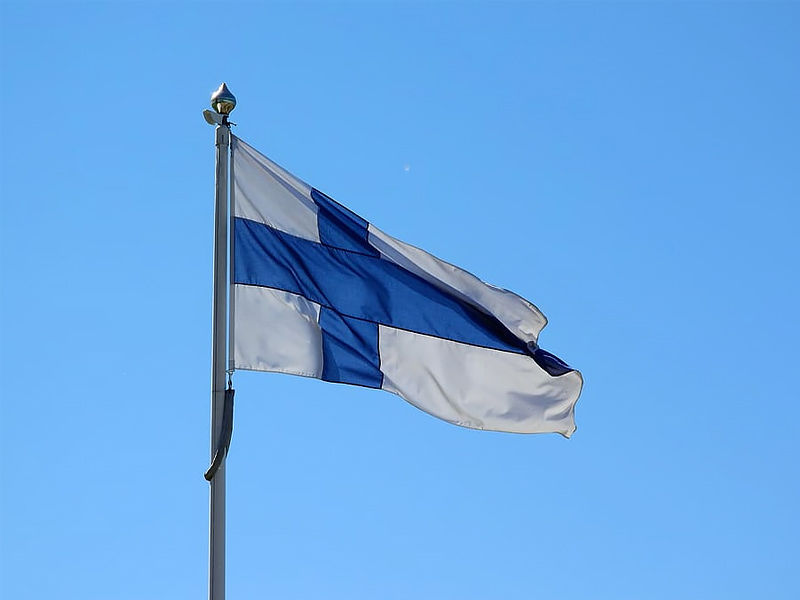
According to reports, a “citizen’s initiative” supporting same-sex marriage had 1,67,000 signatures at one point. Finland legalized same-sex unions in 2015.
Greenland
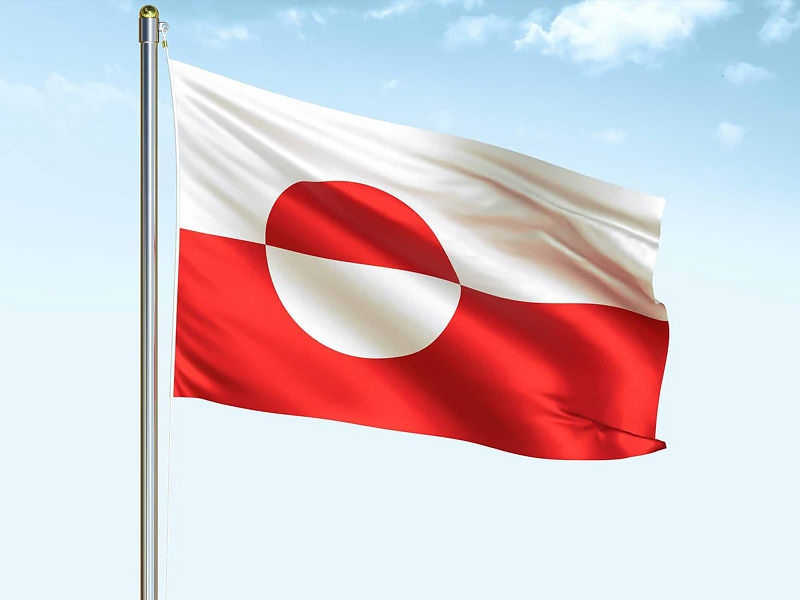
In 2015, the nation’s lawmakers approved a bill making same-sex marriage legal on the largest island in the globe.
Colombia

In 2016, the country adopted a new law that said that “all people are free to choose independently to start a family in keeping with their sexual orientation.” This measure passed by a vote of 6-3.
Malta
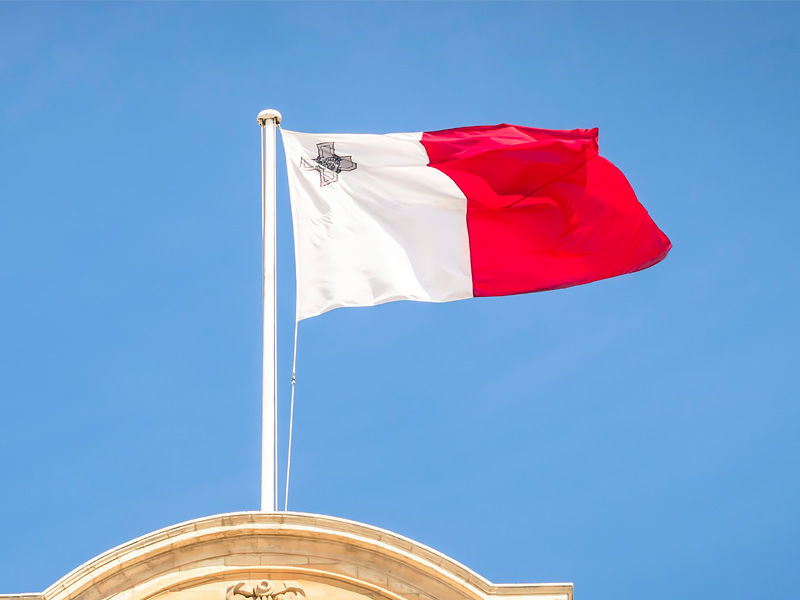
The same-sex marriage measure was overwhelmingly approved by Malta’s parliament in 2017 despite objections from the Catholic Church.
Australia

LGBTQ rights campaigners in Australia praised the new law in 2017 before the final judgment was made public.
Germany
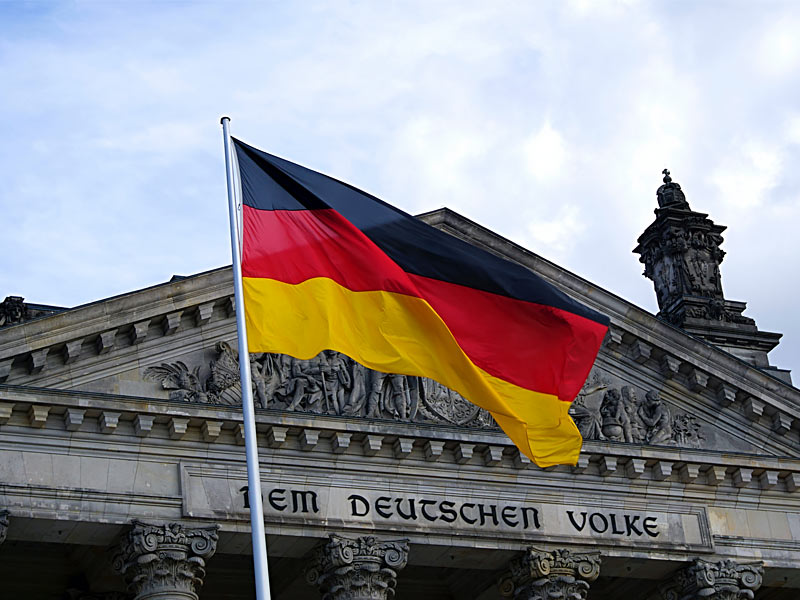
The nation’s legislation was overwhelmingly endorsed by the populace. 2019 saw a 393-226 vote in favor of the measure in the German federal parliament.
Austria
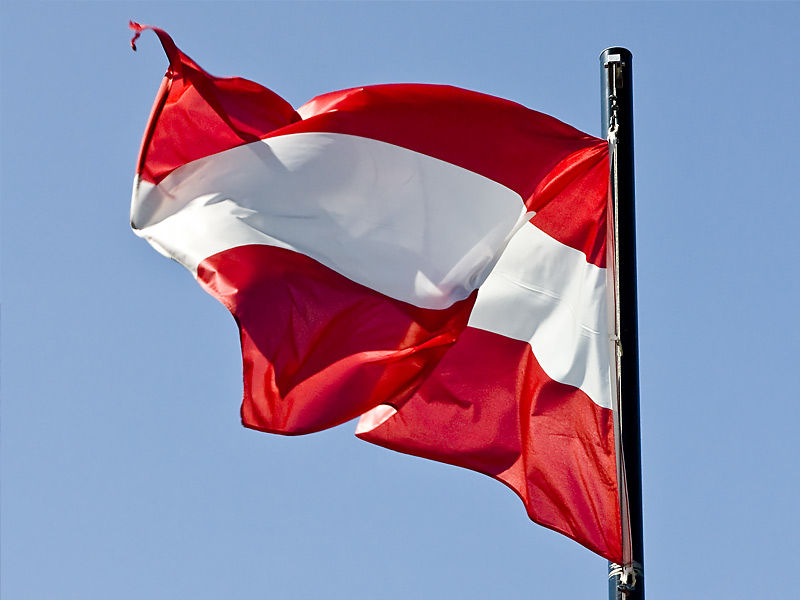
Following the legalization of civil partnerships for gay and lesbian couples in 2010, Austria legalized same-sex marriage on January 1, 2019. Austria witnessed its first official same-sex union between two women.
Taiwan

On May 17, 2019, Taiwan became the first country in Asia to legalize same-sex unions for gay and lesbian couples. As they awaited the decision, protesters, and supporters of LGBTQ rights filled the streets outside the Taipei Parliament building.
Ecuador
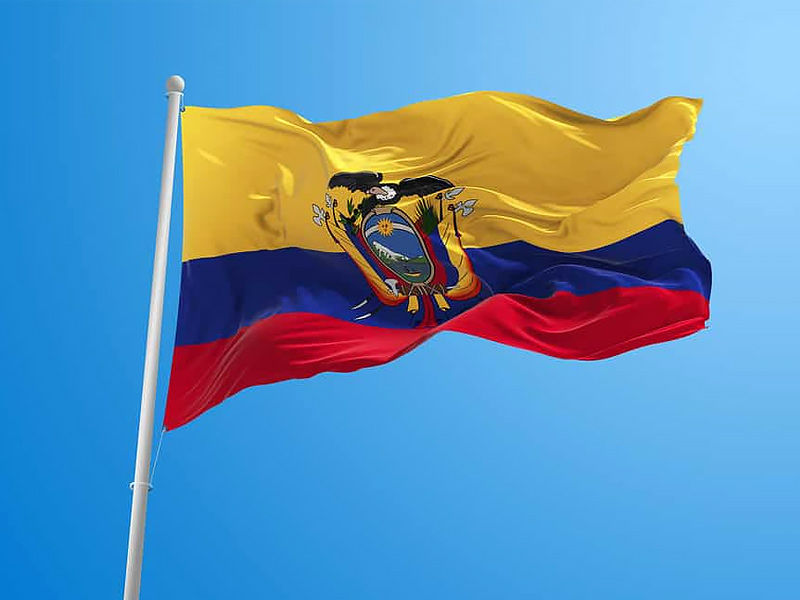
The sixth Latin American nation to permit same-sex unions is Ecuador. With the nation’s highest court approving same-sex marriage, the international LGBTQ equality movement celebrated its 50th anniversary on June 12, 2019.
Ireland

Same-sex marriage is now legal in Northern Ireland thanks to legislation that the U.K. Parliament adopted in October 2019. On January 13, 2020, the law went into force, making same-sex unions lawful everywhere in the United Kingdom.
Costa Rica
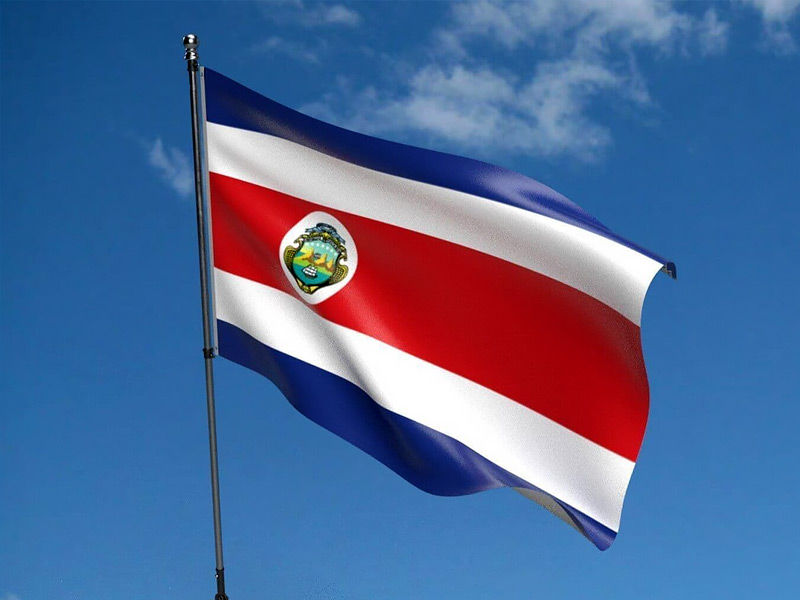
On May 26, 2020, a historic decision by Costa Rica’s Supreme Court took effect, making it the first nation in Central America to recognize same-sex unions. One of the first marriages after the ban was lifted at midnight was between Daritza Araya and Alexandra Quirós, who also live-streamed the event online.
Switzerland

The Swiss Parliament decisively approved legislation on December 16, 2020, allowing same-sex couples to marry.
Chile

The Chilean Senate passed the marriage equality measure on December 7, 2021, and the lower house concurred on November 23, 2021. The law was enacted on December 9, 2021, with the approval of Chile’s president. Same-sex civil partnerships have been legal since 2015.
Slovenia
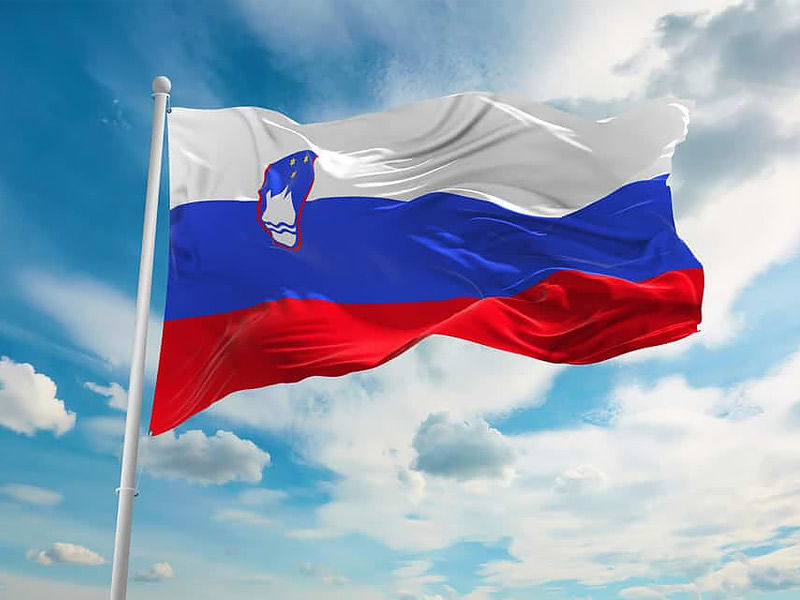
The Slovenian Constitutional Court ruled on July 8, 2022, that the ban on same-sex unions was unconstitutional. The Slovenian parliament was given six months by the court to pass the necessary legislation, which it did on October 4. The ruling quickly followed the court’s decision.
Andorra
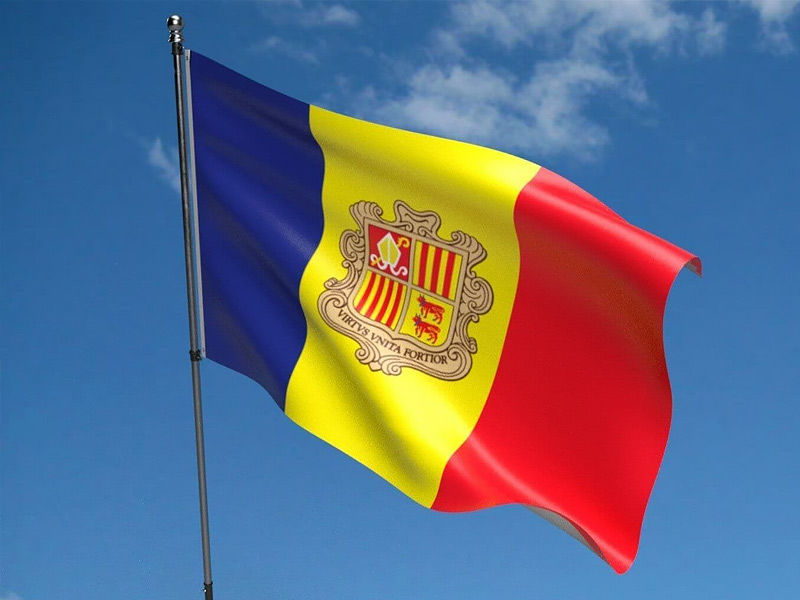
On July 21, 2022, the General Council, Andorra’s unicameral legislature, passed a resolution that would amend the country’s civil union law to include marriage equality for same-sex couples.
Cuba
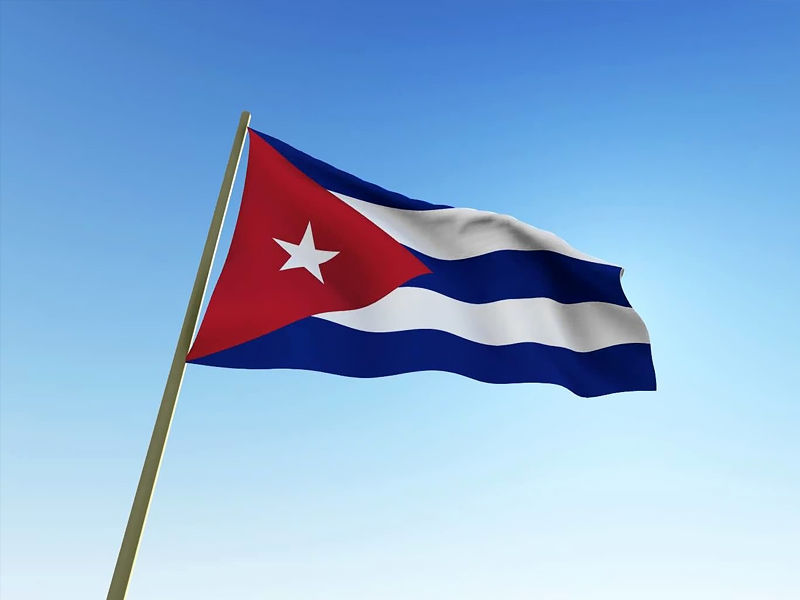
Through a national referendum on September 25, 2022, Cubans approved a Family Code that recognized same-sex relationships.

























